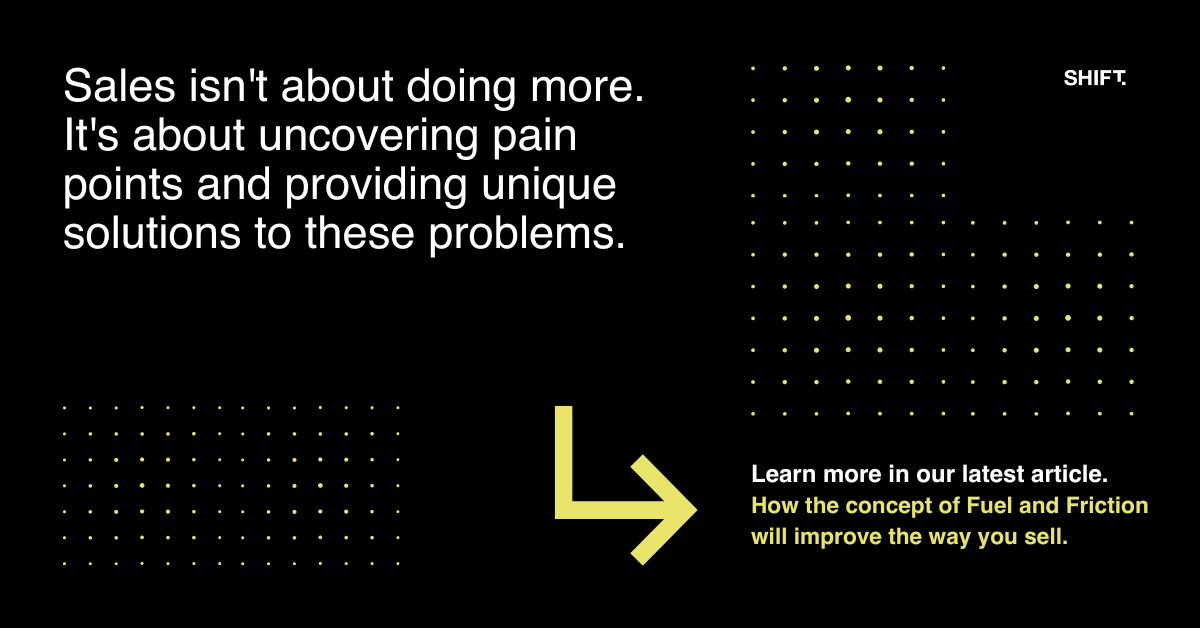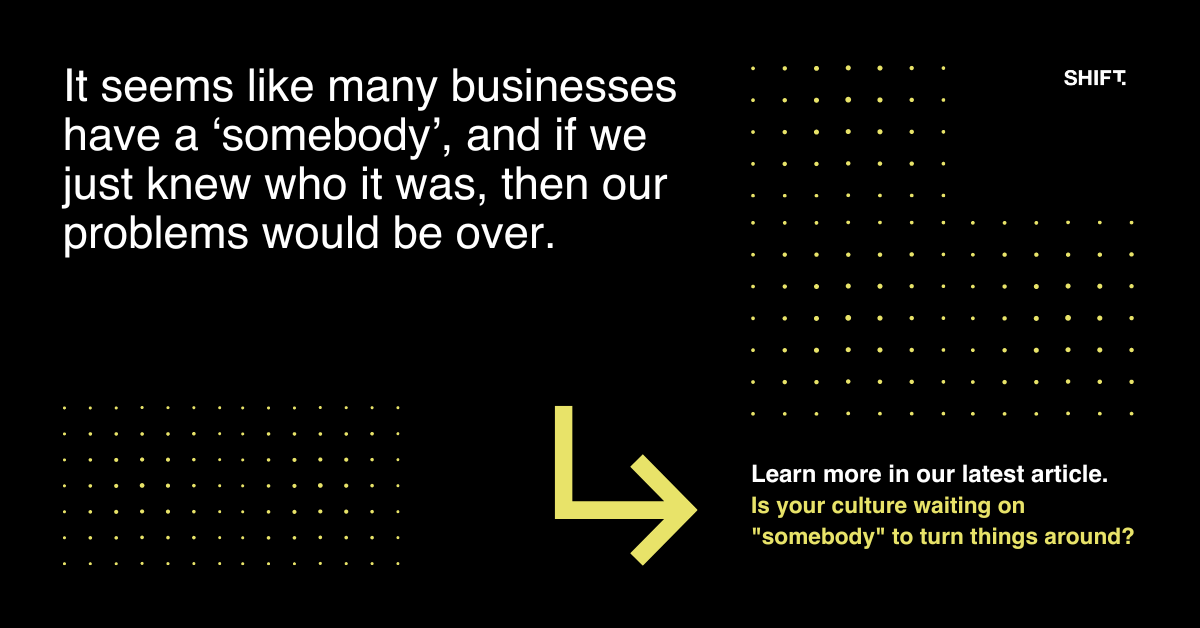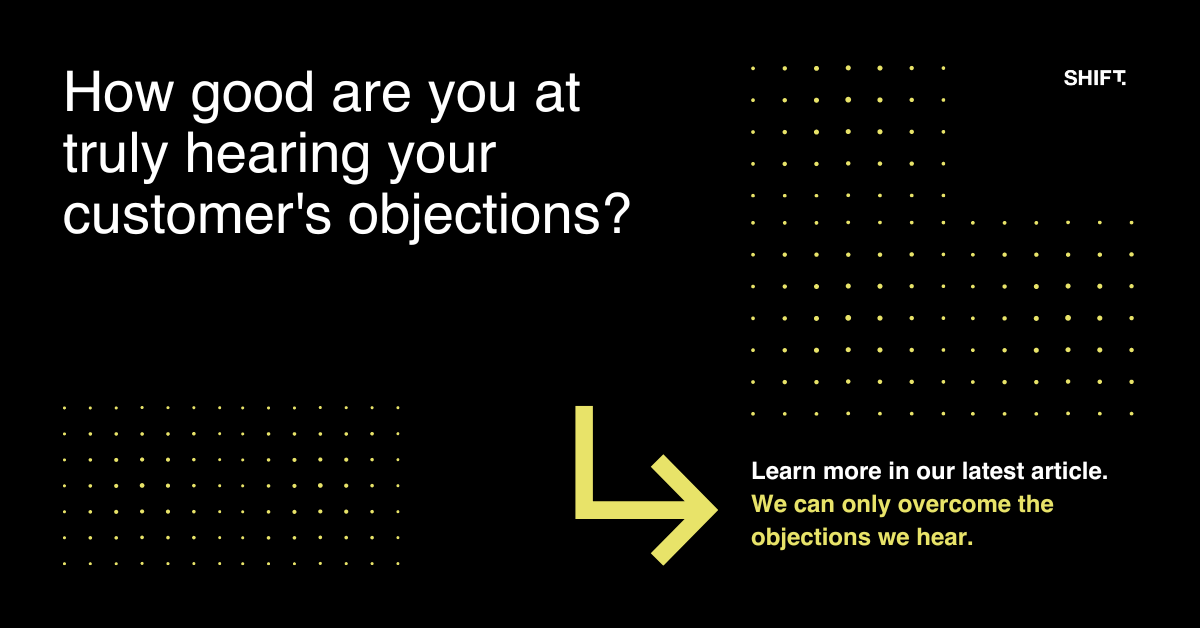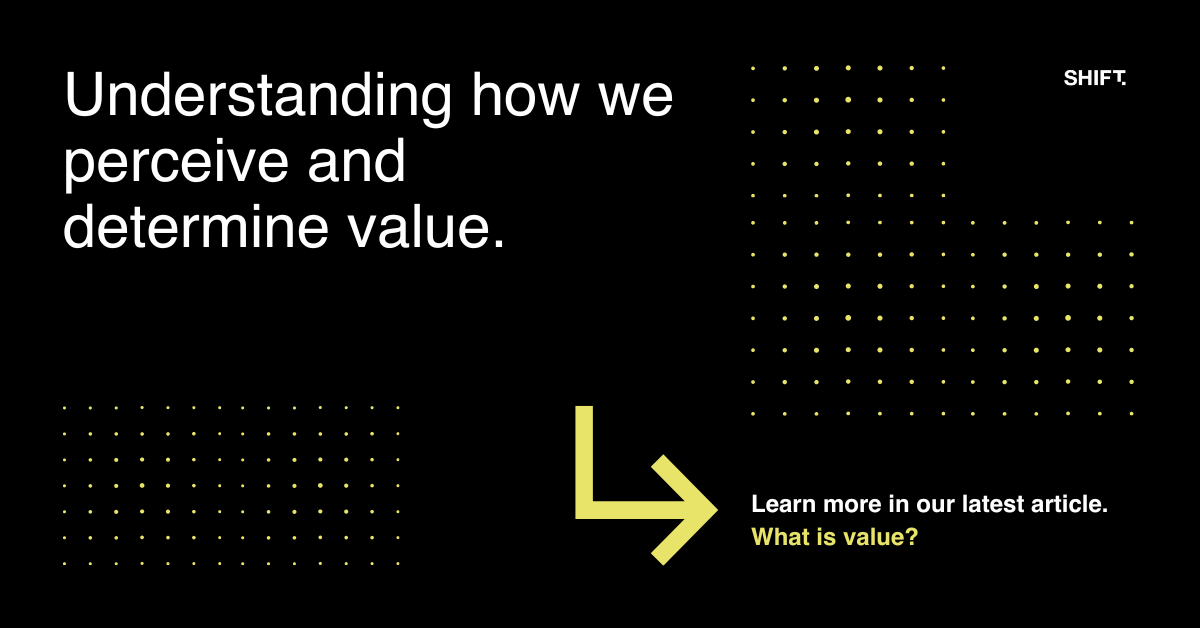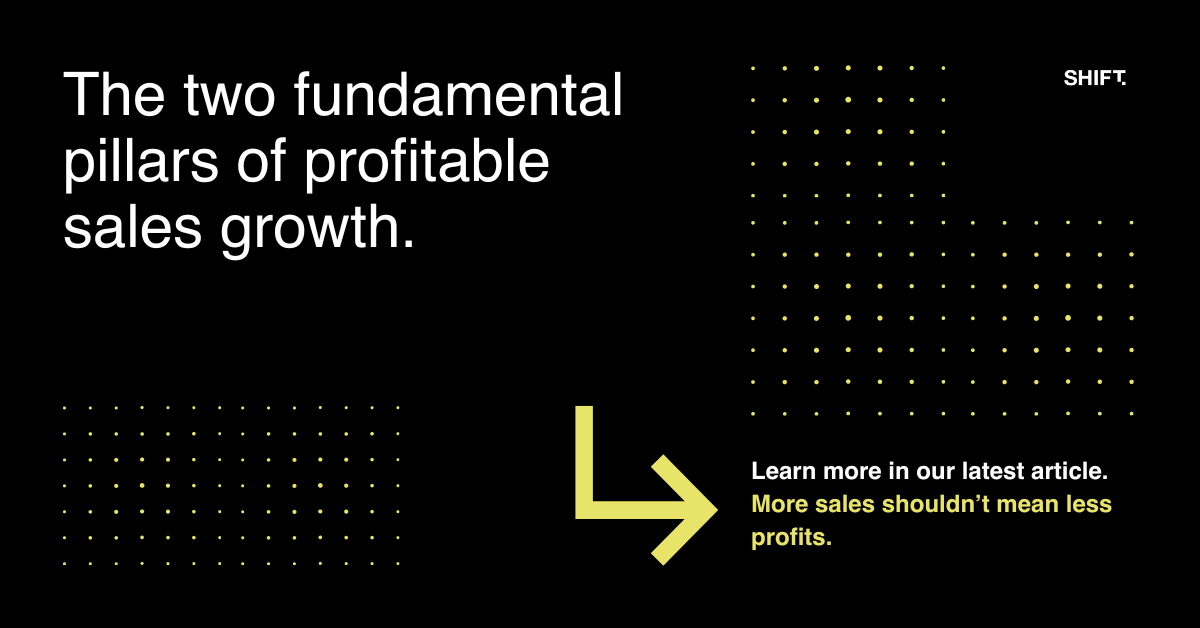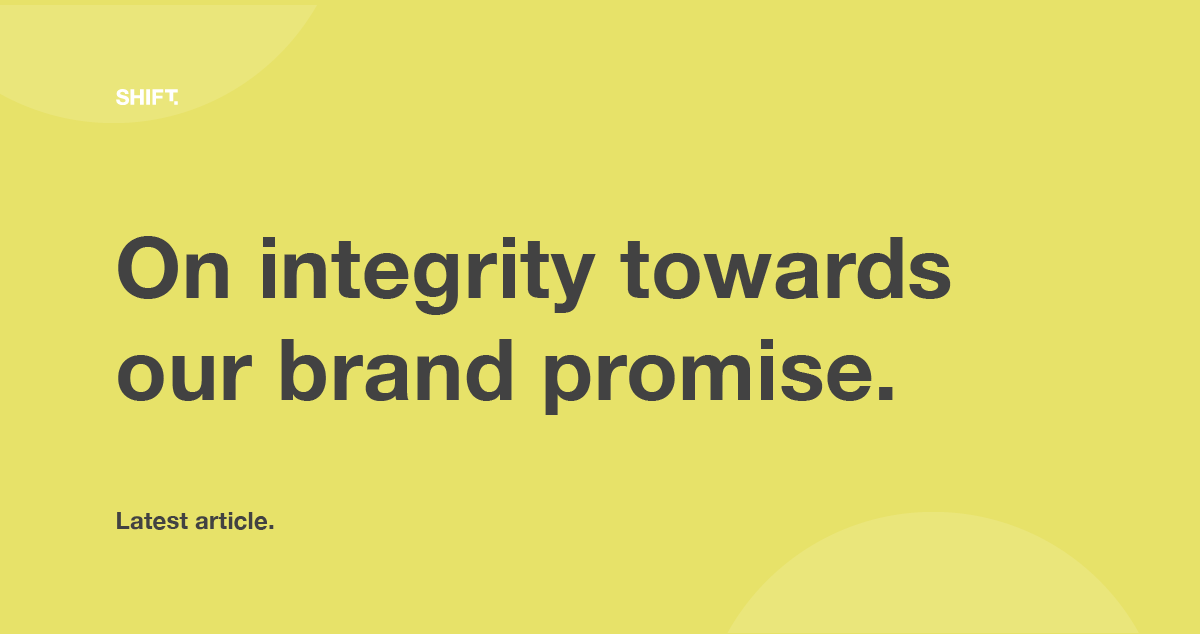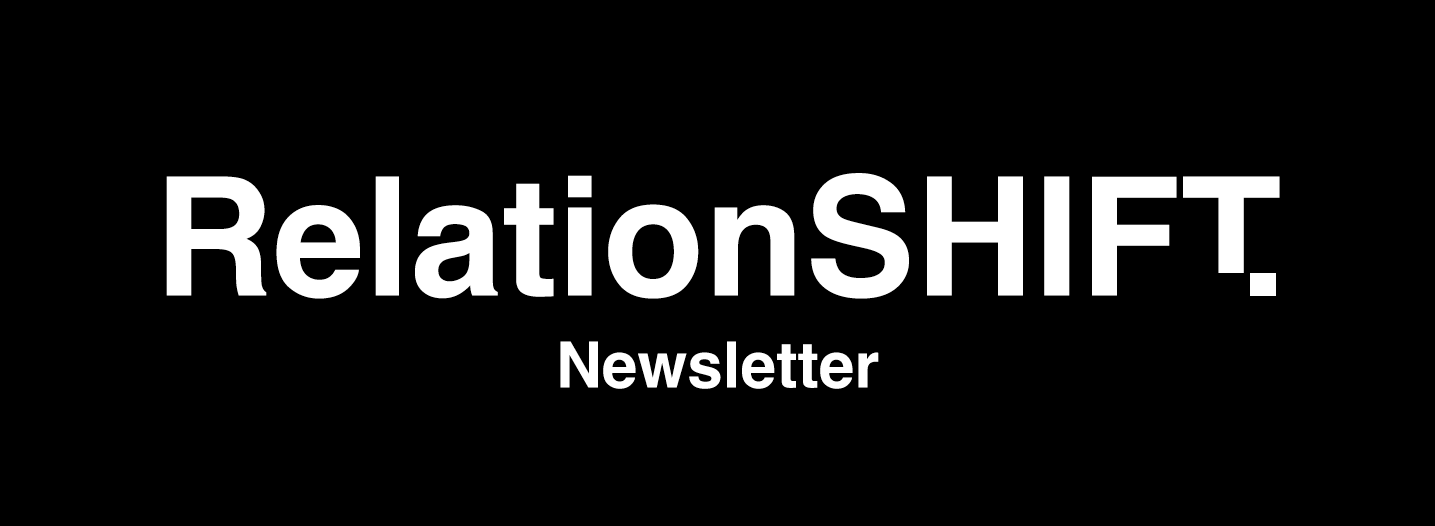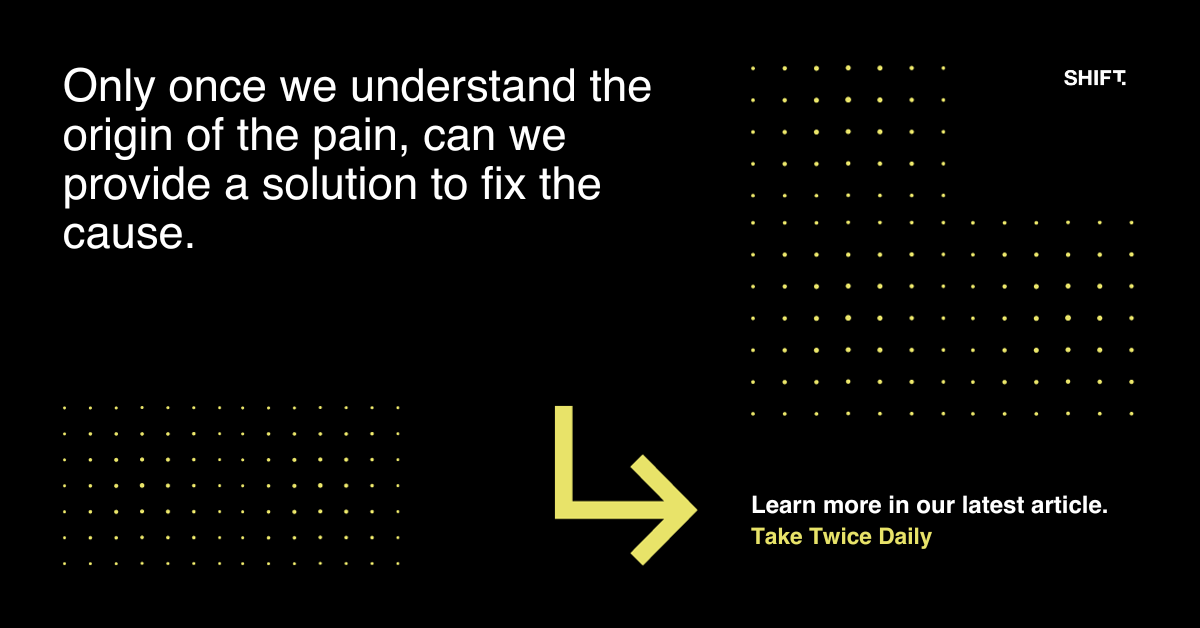Companies invest so much time and money into their brand hoping their consumers think of them first. Yet we so often see a clear disconnect between what the brand promise is and the actions of the company, and it's people.
The other day a team from an internationally successful tech-company were pitching their cloud-based solution, to a business I was working with at the time. The presenters started by telling the audience that they had built their product by listening to the customer, using design thinking techniques and observing the user experience. At this point, I thought okay I will listen to this, they’ve got my attention! (My eyes usually glaze over in these situations - I’ve sat through many tech presentations in the past where the customer is merely a lucrative multi-year licensing agreement).
So, after two slides and five minutes of explaining their newfound insight of looking at things from a customers perspective, they put up a slide titled ‘Safe Harbour’ and proceeded to go through the safe harbour clause. The clause basically stated that ‘anything in the presentation about the future, they can’t be held liable for’.
At this point, any feeling I had that maybe this company gets the whole customer thing, went out the door. Added to this feeling of ‘you really don’t get it' is the fact that ‘Safe Harbour’ is only a legal ‘get out of gaol’ clause in the United States and these guys were Australians pitching to an Australian Company.
Selling is the transfer of trust. If this is true, how does presenting a slide that tells the audience anything I say about the future, I cannot be held liable for, build trust?
I get it. Sometimes we have to put in legal disclosures to protect ourselves from the one in a million shit-storm that happened - not even to our own company - in the past. However, if you are really customer focused then how you do this would build trust. Not take it away. By putting the Safe Harbour clause up and going through it point by point in the legalese it was written in, who was that good for? It certainly wasn’t great for the customer, but good for the company that was pitching. When engaging with customers, the golden rule for building trust is to make sure everything we do is right for them.
In the cut and thrust of business, when we are focused on the prize of hitting budgets, performance bonuses and financial outcomes, we can instil practices that seem right at the time but take us away from our customer promise.
For example, I was working with a business that has a great customer promise and understands that you need to build trust with the customer before you do anything else. Yet at the first appointment, they sat the customer down and asked them to fill in a two-page document full of quantifying questions that were only going to elicit a non-truth from the customer. Not a great way to start building trust. When I pointed this out, they immediately pulled this process from their business.
Another example:
I was on a Virgin Australia flight from Brisbane to Melbourne, sitting in Economy-X, row three. During the flight, a woman beside me needed to use the bathroom. Now, given my experience with women, I know that when they need to use the bathroom, THEY NEED TO USE THE BATHROOM. Those people who fly Virgin domestic will know that during the flight there is a barrier put up between economy and business. This is to stop people in economy from aimlessly wandering into the ‘no go’ zone of the business class area and using the bathroom at the front of the plane. When the woman walked into the aisle, the food cart was moving its way down the aisle so she couldn't get past. She came back to her seat with a distressed look on her face, and I told her to pull the barrier aside and use the bathroom at the front of the plane (there were only two people in Business class). She did this, although with some trepidation. When she reached the bathroom at the front she was told by the attendant she couldn’t use this bathroom (by another woman I might add). She came back to her seat upset and said 'I have been flying with Virgin for so long, I am a platinum member, and I feel like I have been treated like a child.'
When we lose sight of our brand's promise and start making decisions that seem right for a specific area of the business - or for a smaller customer group - there will always be unintended consequences.
When we then concentrate on winning the battle and lose sight of winning the war, the customer's response to our misguided action fuels the belief that this action was the right one.
I can picture the Virgin flight attendant saying 'thank god we have that policy in place because that women opened the barrier and dared to use the toilets at the front of the plane - what was she thinking...'
